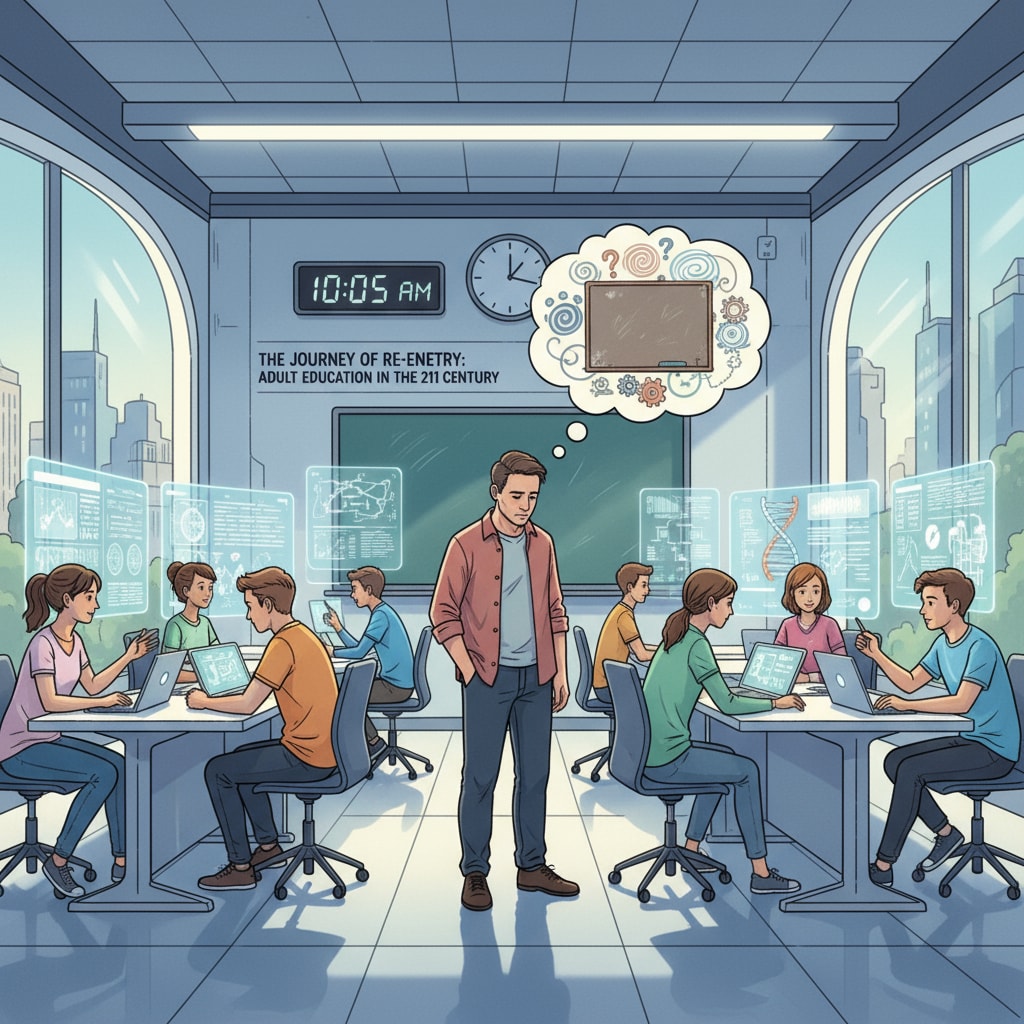Educational interruptions, academic setbacks, and return to learning are themes that often hold complex stories within the realm of education. Consider the case of a 25-year-old individual, blessed with a high IQ, yet whose educational journey was derailed by behavioral problems. This young person now stands at a crossroads, eager to re-enter the educational fold and resume their pursuit of knowledge.

The Hurdles of Returning After Interruptions
Returning to education after a significant interruption is no easy feat. For this high-IQ individual, the first obstacle is the gap in knowledge. The educational landscape has likely evolved during their absence. New teaching methods, updated curricula, and emerging technologies in education mean they have to catch up on a lot of ground. Additionally, there are social and psychological barriers. They may feel out of place among younger students, dealing with self-doubt and concerns about fitting in. As a result, they face a dual challenge of academic and social readjustment. Psychological aspects of returning to school on Verywell Mind

The Inclusive Deficit in the Education System
The current education system often struggles to accommodate non-traditional learners like this 25-year-old. Most institutions are structured in a way that favors a linear, continuous educational path. There is a lack of flexibility in admission requirements for those with educational gaps. Moreover, support systems for students who have faced academic setbacks due to non-academic reasons are limited. This lack of inclusivity not only hinders the individual’s progress but also fails to tap into the potential of many high-IQ individuals who could contribute significantly to society if given the right opportunities. Inclusive education on Edutopia
To address these issues, a more elastic educational path needs to be constructed. This could involve creating alternative admission routes that take into account an individual’s overall potential rather than just academic history. For example, competency-based assessments could be introduced to allow students to demonstrate their knowledge and skills regardless of their educational gaps. Additionally, mentorship programs and support groups specifically tailored for returning learners can help ease their transition back into the academic world.
Readability guidance: By highlighting the challenges faced by this high-IQ individual and suggesting solutions, we aim to shed light on the broader issues of educational inclusivity. The journey of educational interruptions, academic setbacks, and return to learning is not just about one person but about reimagining the education system for the better.


